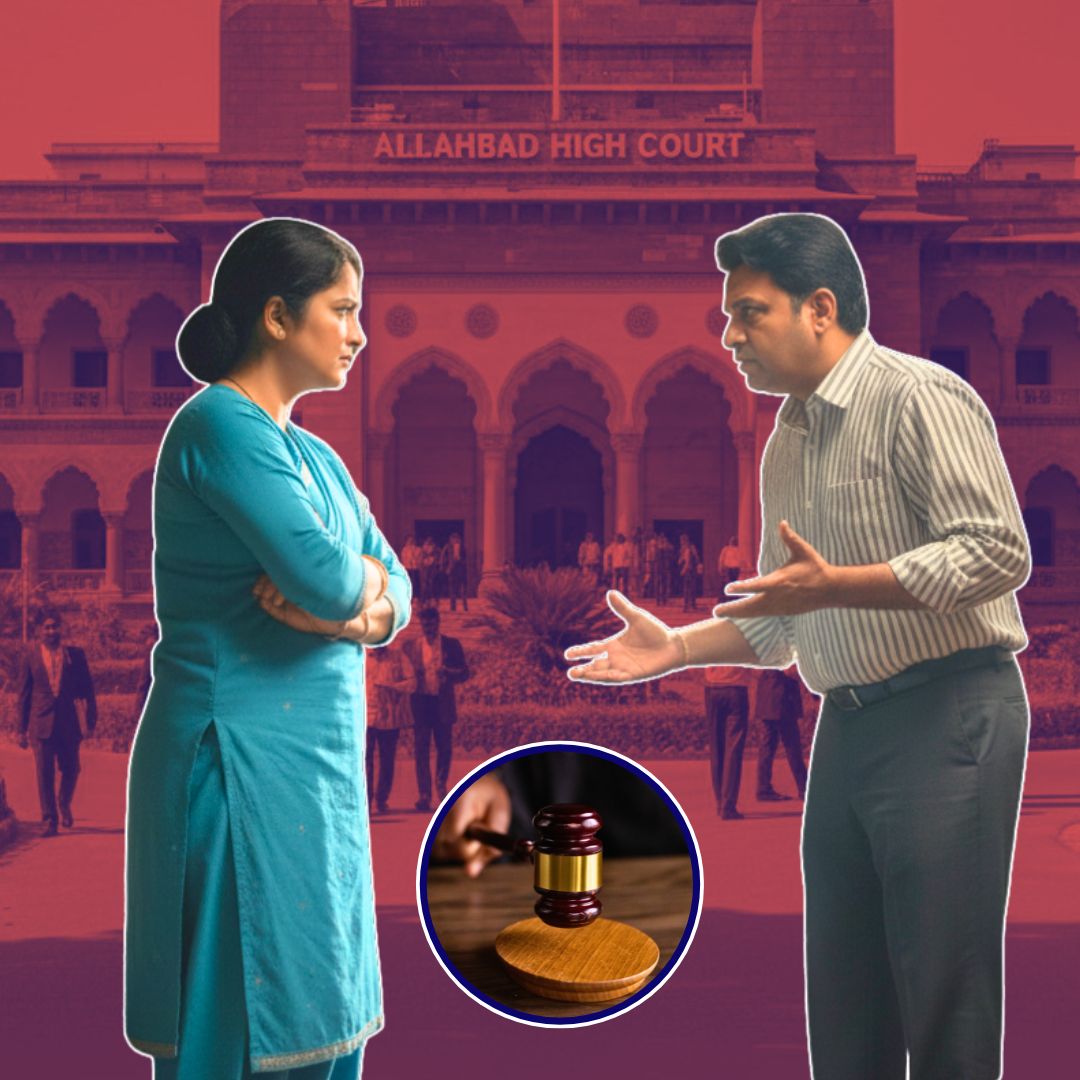The Allahabad High Court recently ruled that ordinary marital quarrels and routine domestic disputes do not constitute abetment of suicide under Section 306 of the Indian Penal Code. The judgment, delivered by Justice Sameer Jain, came in the case of Rachana Devi and her parents who were accused of abetting the suicide of her husband in Auraiya district, Uttar Pradesh.
The court set aside the Sessions Court’s order that had rejected discharge pleas of the accused. It emphasised that harsh words spoken during fights, such as “he should die,” do not legally amount to instigation of suicide without clear evidence of deliberate provocation and intent.
The ruling reflects the reality that marital discord is common and criminal liability requires more than casual quarrels, ensuring misuse of suicide abetment charges is avoided.
Legal Clarity on Matrimonial Discord and Abetment of Suicide
Justice Sameer Jain clarified that matrimonial disagreements, while distressing, are a natural aspect of domestic life and cannot, by themselves, amount to criminal abetment leading to suicide. The court referred to established Supreme Court precedents like Ramesh Kumar v. State of Chhattisgarh and Swamy Prahaladdas v. State of M.P., which distinguish between routine quarrels and acts with mens rea (intent) to instigate suicide.
The High Court criticised the framing of charges against the accused without prima facie evidence of active provocation or intent to cause death. The judgment underlines that Section 306 IPC requires clear instigation or aiding of suicide, not simply verbal altercations or insults uttered in anger during a marital dispute.
Background and Facts of the Case
The case originated in November 2022 when an FIR was lodged by the father of the deceased husband, alleging that persistent harassment and humiliation by his wife Rachana Devi and her parents drove him to take his life. The couple had been married for about seven years, during which marital conflicts escalated, including the wife filing criminal complaints against her husband and in-laws for cruelty and dowry harassment.
Despite some settlement, tensions remained high. On November 8, 2022, the accused allegedly made a hurtful remark during a quarrel, telling the husband “he should die.” Five days later, the husband died by suicide. The Sessions Court initially rejected the discharge plea of the accused, leading to the High Court’s intervention.
Upon reviewing the evidence, including witness statements pointing to routine disputes rather than deliberate instigation, the High Court discharged the accused from the abetment charges.
The Logical Indian’s Perspective
This ruling highlights the crucial need to differentiate between natural marital disagreements and criminal liability for abetment of suicide. The Logical Indian supports a compassionate yet legally balanced approach that prevents the misuse of serious charges in the emotionally charged context of family disputes.
While recognising the pain caused by domestic discord, laws must protect genuine victims without penalising normal spousal conflicts. Encouraging open dialogue, empathy, and supportive interventions in troubled marriages can help prevent tragedies more effectively than punitive measures based on unproven assumptions.











